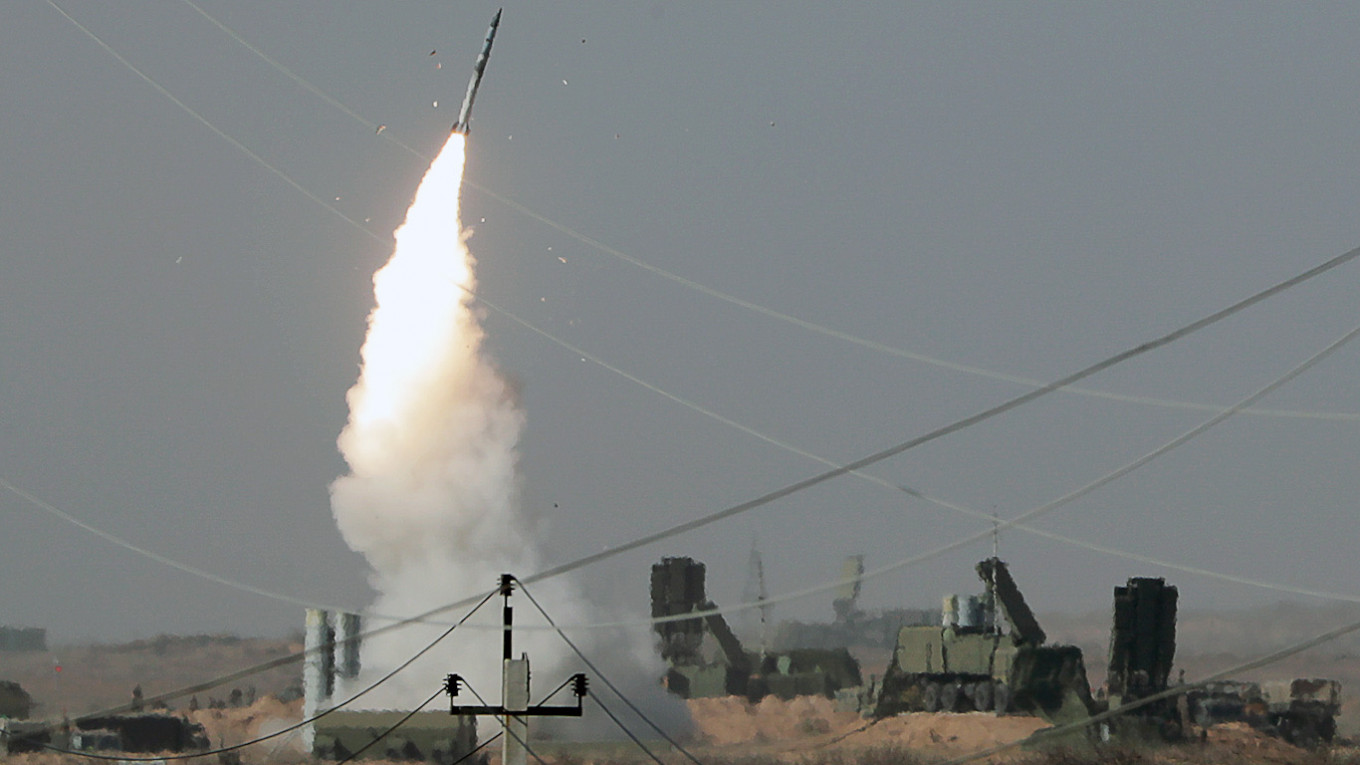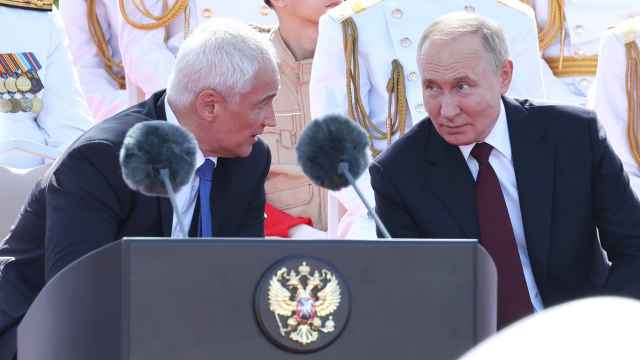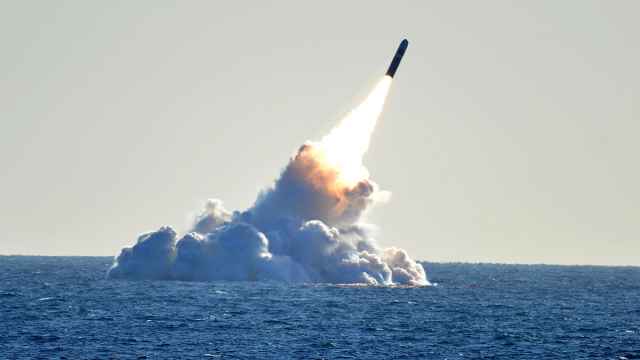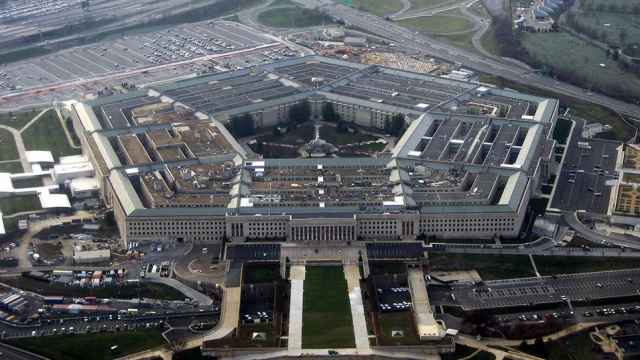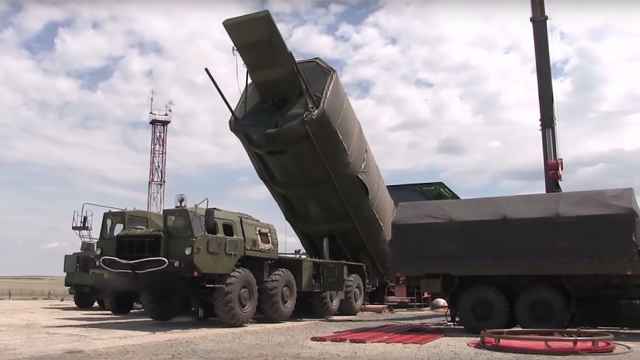Russia said on Tuesday it was ready to offer the United States a mutual one-year freeze on the number of nuclear warheads held by both countries in order to extend a landmark arms reduction deal due to expire next year.
"Russia offers to extend the New START by one year and is ready to take on a political commitment with the United States to freeze the number of nuclear warheads both sides have for this period," the Foreign Ministry said in a statement.
Russian President Vladimir Putin last week proposed extending by one year the New START treaty, which is due to expire in February 2021.
The White House described the proposal as a "non-starter" unless accompanied by a freeze on the number of nuclear warheads.
The ministry said the suspension could only take place on the understanding that there were no "additional" demands from the United States.
But it added the extra time gained could be used for talks on the future control of nuclear weapons.
Tensions have raged for months over the fate of New START, which caps the number of nuclear warheads held by Washington and Moscow and expires on February 5, 2021.
The 10-year agreement was signed in 2010 at the peak of hopes for a "reset" in relations between Russia and the United States, spearheaded by former U.S. president Barack Obama and then Russian counterpart Dmitry Medvedev.
But as Putin returned to the presidency in 2012, tensions rapidly built up again.
National security advisor Robert O'Brien had rejected Putin's offer, countering that both nations must cap warheads during the period.
O'Brien said the United States had already proposed a one-year extension to give time to negotiate beyond the treaty's scheduled expiration in February — with the understanding that the world's two biggest nuclear powers would freeze warhead work in the interim period.
A Message from The Moscow Times:
Dear readers,
We are facing unprecedented challenges. Russia's Prosecutor General's Office has designated The Moscow Times as an "undesirable" organization, criminalizing our work and putting our staff at risk of prosecution. This follows our earlier unjust labeling as a "foreign agent."
These actions are direct attempts to silence independent journalism in Russia. The authorities claim our work "discredits the decisions of the Russian leadership." We see things differently: we strive to provide accurate, unbiased reporting on Russia.
We, the journalists of The Moscow Times, refuse to be silenced. But to continue our work, we need your help.
Your support, no matter how small, makes a world of difference. If you can, please support us monthly starting from just $2. It's quick to set up, and every contribution makes a significant impact.
By supporting The Moscow Times, you're defending open, independent journalism in the face of repression. Thank you for standing with us.
Remind me later.


